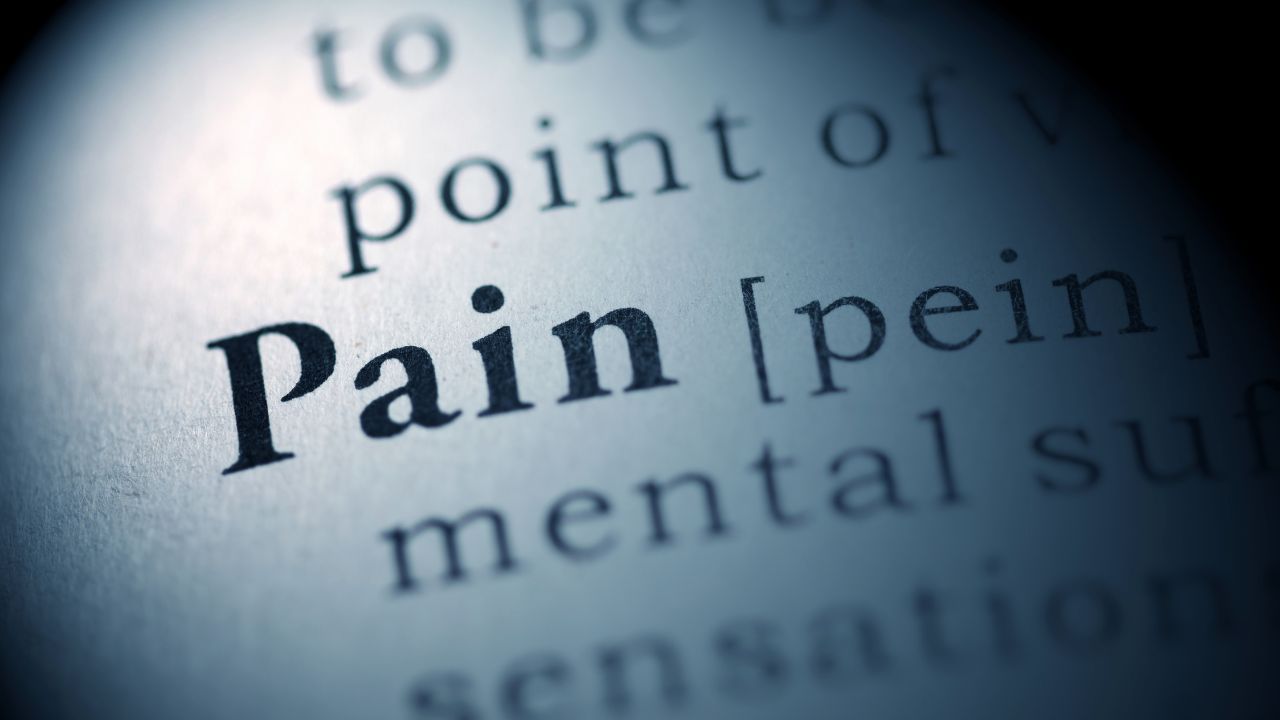Last week, I got 6 shots in my neck… Let’s talk about managing pain in everyday life
Imagine going to sleep on a Sunday night, anticipating the week ahead. You’re all set, having meticulously planned how to conquer the busy days ahead. But then, as Monday morning arrives, your optimism crumbles. Your body is in excruciating pain. Where does your mind race to instantly?
… Does it spiral into disappointment? Blaze with anger? Kick into overdrive with problem-solving mode? Or perhaps, burdened by guilt?
If so, welcome to the all too common cycle of trying to manage daily responsibilities while silently wrestling with pain. It’s a struggle known to many, and today, we’ll explore how to break free from this cycle.
Hidden Struggles
You’re constantly juggling daily responsibilities, weighed down by guilt when you must once again cancel plans, and apologizing for things that shouldn’t require an apology. Yet, in the midst of it all, you’re fixated on what affects others, overlooking the glaring red flag of your own pain. Yes, you’re in pain, and you’re not alone. Over 20% of adult Americans experience chronic pain that disrupts their daily lives (CDC).
The pain you endure often remains hidden, and society tends to reward accomplishments with an immediate dopamine boost. However, this silent battle exacts a toll. Your body keeps score, and over time, you’ve realized that when your body cries out, you must heed its call. Yet, prioritizing your well-being can be a daunting task, requiring you to place your needs above others, something society doesn’t always recognize.
My Recent Pain Experience
This past week, I experienced a flare-up of neck pain. It brought forth a surge of fears, coupled with the knowledge that I needed to prioritize my well-being. I’ve learned this the hard way.
Let me share with you what I did this week to finally walk the talk (after years of just talk!).
- I chose not to downplay the pain when it reared its head. I gave it a name and began to track it, resisting the urge to distract myself from its presence.
- As the pain started to intensify, I took proactive measures to protect myself by canceling meetings and sessions. I didn’t wait until I was forced to do so; I prioritized my well-being.
- Rather than waiting for an appointment that neatly aligned with my schedule, I promptly booked a doctor’s appointment whenever there was an opening. This was a shift from my previous pattern of putting others ahead of my needs.
- I leaned on my support system and candidly shared what I was going through, guiding them on how they could best offer their support.
- I acknowledged the ambiguity and the vast unknowns surrounding my recovery timeline. Instead of feeling overwhelmed by what I didn’t know, I concentrated on what I could do in the present moment.
- Emotions, including guilt, naturally accompanied my pain and actions. Instead of resisting these feelings, I extended compassion to myself, recognizing that guilt is a learned emotion for me—one I strive to embrace rather than suppress.
Today, as I write these words, it’s the day following my doctor’s appointment. I find myself in a state of hopefulness and presence, fully aware that I don’t have all the answers regarding when or how I’ll feel better—and that’s perfectly alright.
So, how can you support yourself during periods of pain, especially when your inclination is to put others before yourself?
- Acknowledge the desire to avoid the pain.
- Remember that your body doesn’t care about your mind’s rationalizations.
- Stay present and focus on self-care.
- Practice self-compassion for the emotions and physical sensations you experience.
If you’re currently navigating pain or have done so in the past, I encourage you to reflect on the lessons you’ve gained from your own experiences. Put these insights into practice and give yourself permission to prioritize your well-being. It’s not selfish; it’s essential.
As you embrace these practices, remember that by caring for yourself, you set a powerful example. Your self-care journey can inspire others to do the same, creating a ripple effect of resilience and self-compassion.
In navigating pain with grace and strength, we learn to be our own advocates and champions of well-being.


